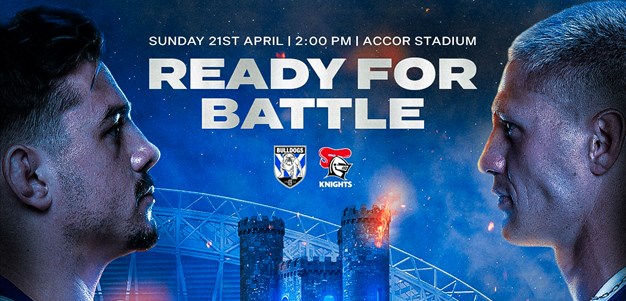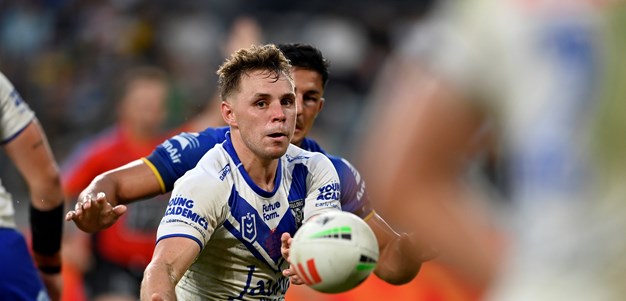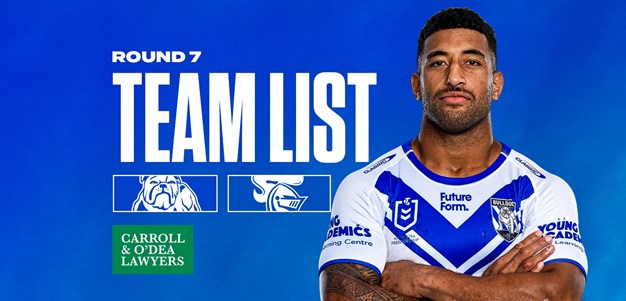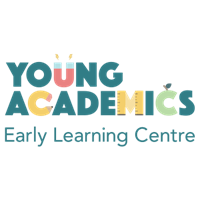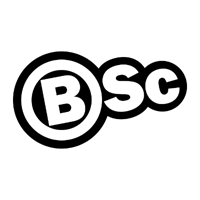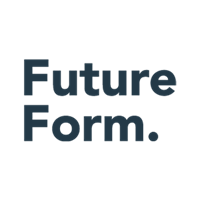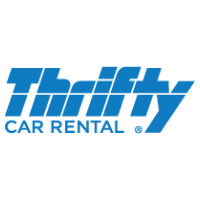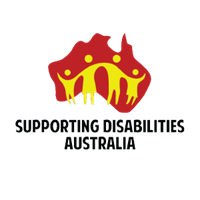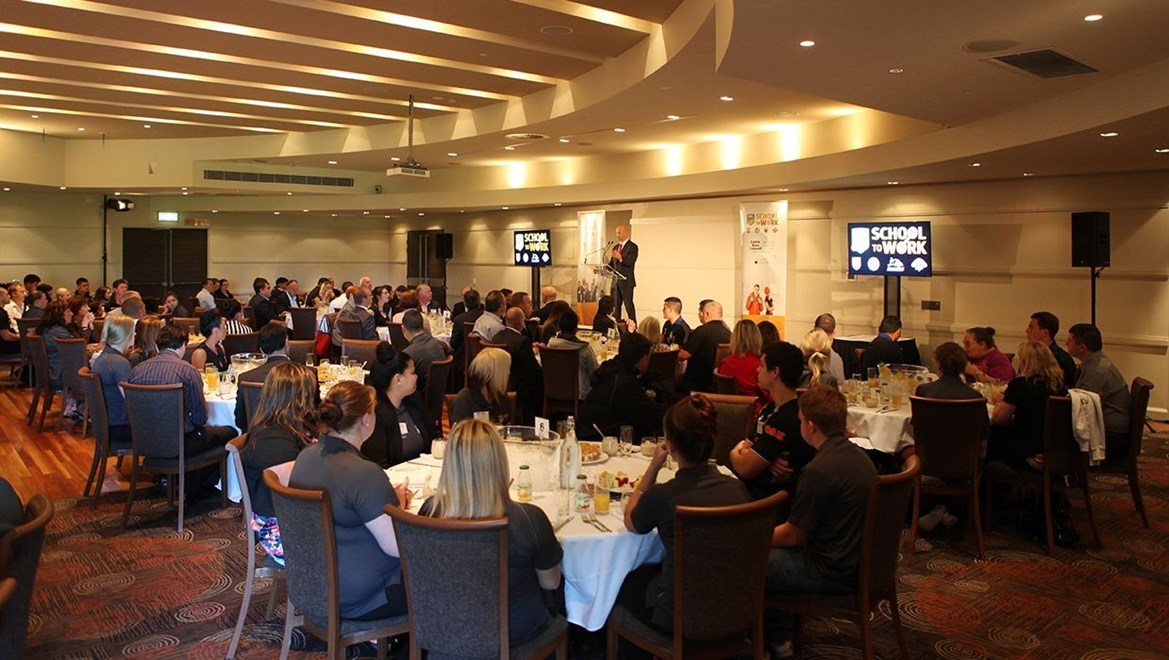

The Australian Rugby League Commission (ARLC) has been shortlisted for the 2015 Human Rights Business Award by the Australian Human Rights Commission for its continued support for reconciliation with Aboriginal and Torres Strait Islander peoples.
The ARLC's Reconciliation Action Plan (RAP) is the cornerstone of the governing body's efforts to tackle Indigenous issues, with the goal of creating further opportunities for all Aboriginal and Torres Strait Islander people wanting to participate in the game, whilst also supporting communities overcome disadvantage and deal with social issues.
Developed in 2014 off the back of an initial plan in 2008 (the NRL being the first national sporting code to develop such a plan) the RAP enables reconciliation to be promoted at all levels of the game, with Aboriginal and Torres Strait Islander people making up 12 per cent of all players across the NRL.
The game of rugby league is an intrinsic part of community life and wellbeing for many Indigenous communities across Australia, with the profile of the national competition allowing it to be a vehicle for change in the wider community.
Chair of the Rugby League Indigenous Council, Linda Burney, was incredibly proud of the code to recognised in this way.
"It’s humbling for our rugby league Reconciliation Action Plan and initiatives to be short-listed for this prestigious award," she said.
"Rugby league is a fundamental part of many Aboriginal and Torres Strait Islander peoples and their communities and we will continue to expand and embrace our reach in helping make a positive difference in as many lives as possible."
Programs such as 'School 2 Work' wouldn't be possible without the assistance of clubs across the competition, with the Canterbury-Bankstown Bulldogs, Parramatta Eels, Penrith Panthers, South Sydney Rabbitohs, Wests Tigers, Canberra Raiders, Cronulla-Sutherland Sharks, Melbourne Storm, Sydney Roosters, St George Illawarra Dragons and Newcastle Knights all contributing time and resources, with specialist staff employed to deliver the program.
The staff set high expectations for the participants, and have supported more than 3,000 Aboriginal and Torres Strait Islander young people to achieve their study and career goals.
This article first appeared on NRL.com
